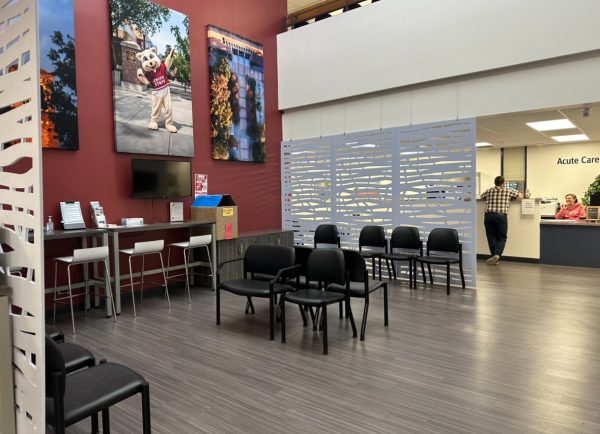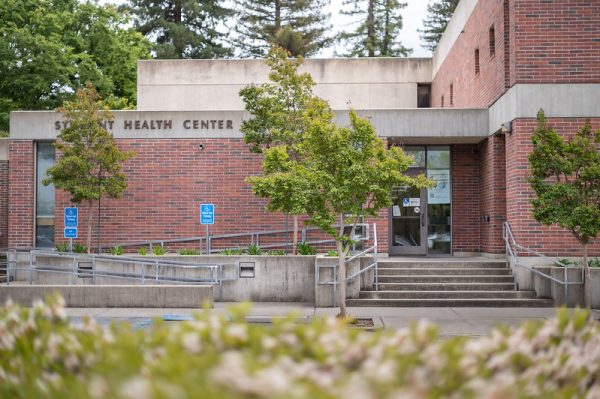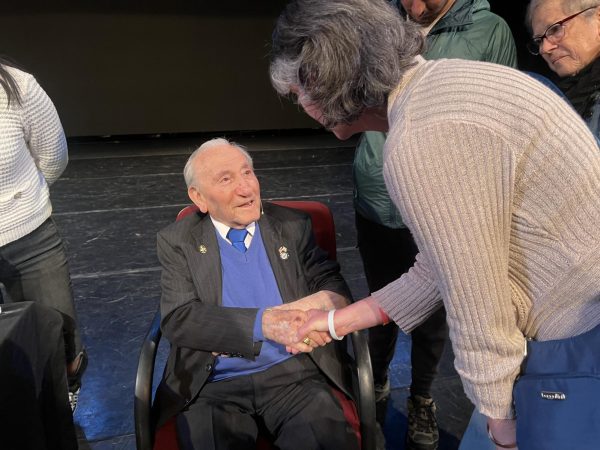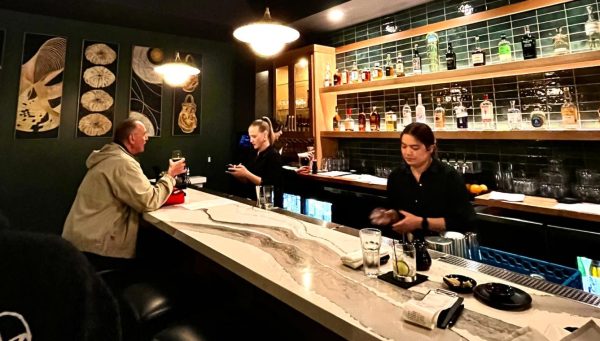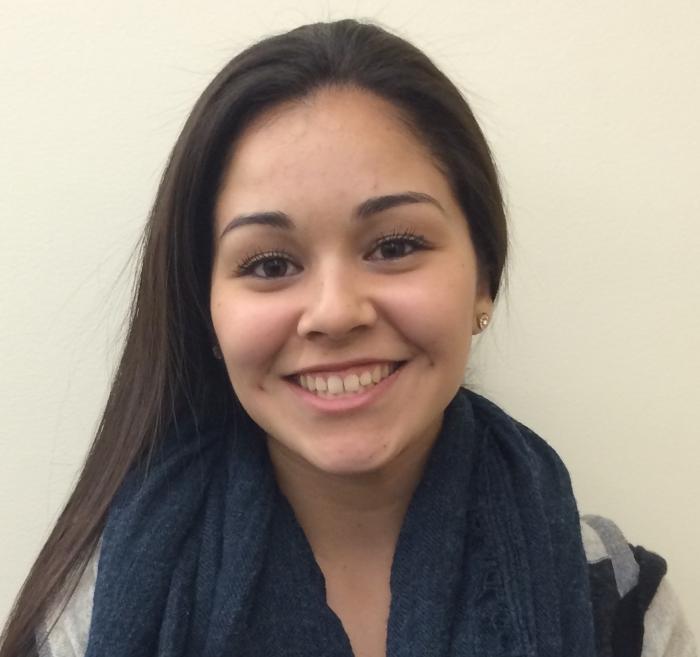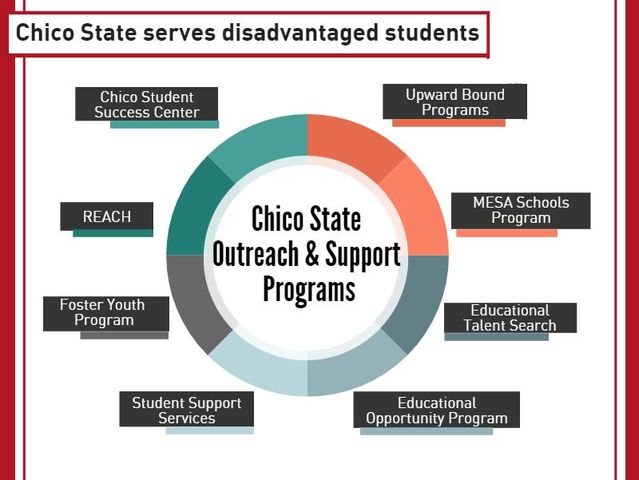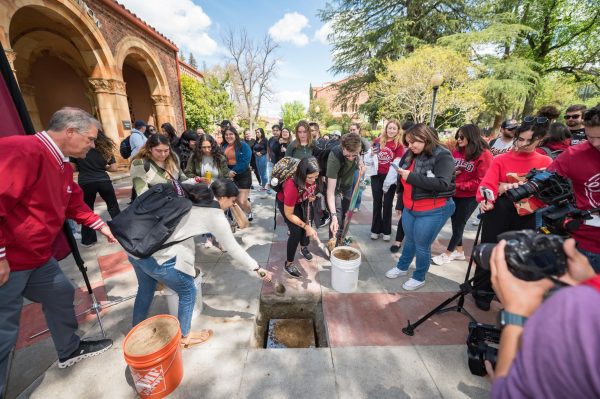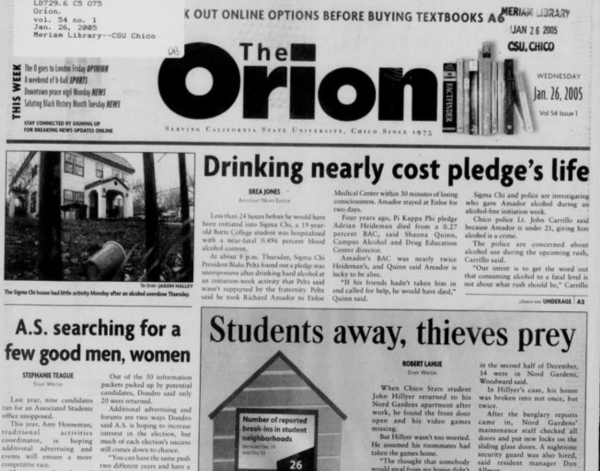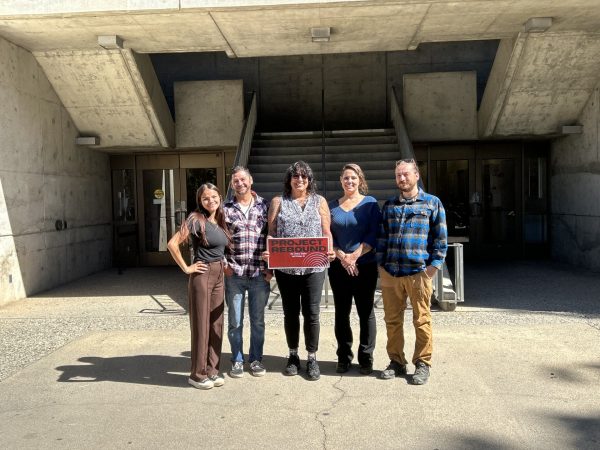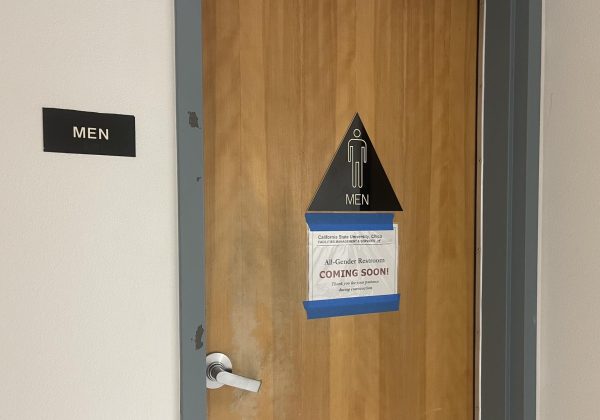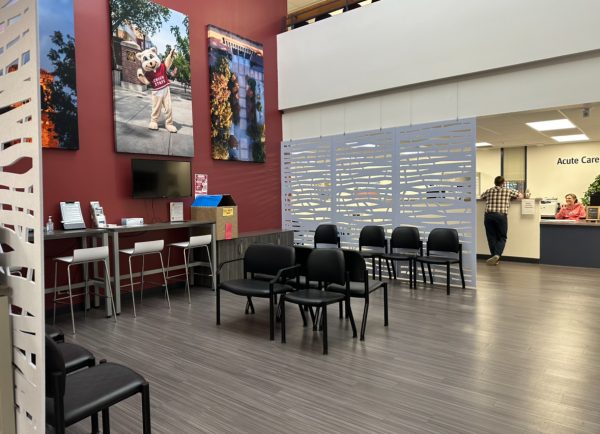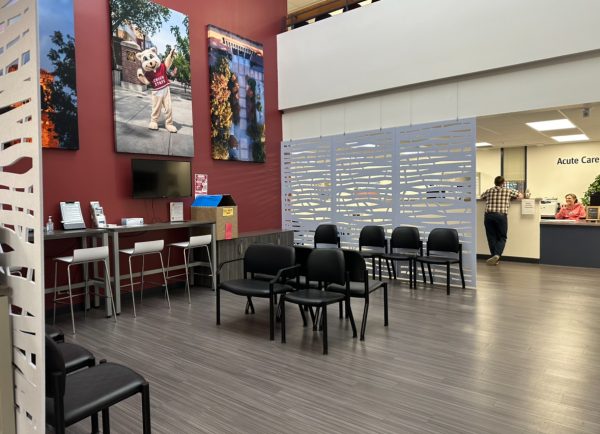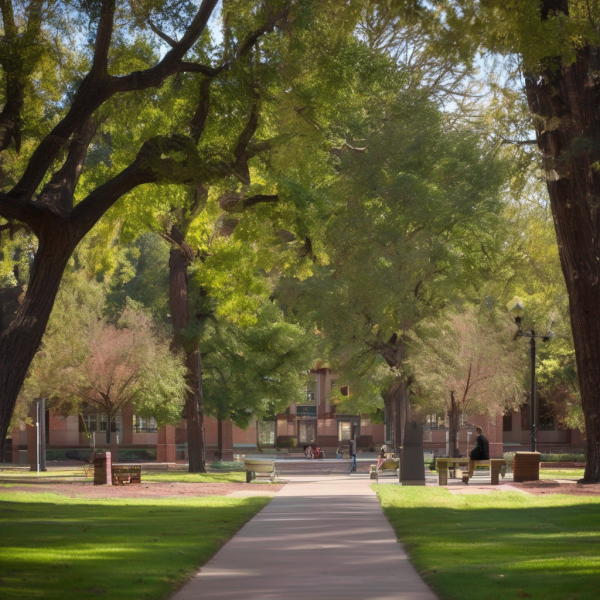Chico State ranked high for serving low-income students
Jessie Ramirez, senior psychology major, is a first-generation college student. Photo credit: Molly Sullivan
In a new ranking system designed to assess how American colleges and universities are serving economically disadvantaged students, Chico State is ranked in the top 18 percent.
The Social Mobility Index, created by PayScale and CollegeNet, measures the extent to which a higher education provides greater access and affordability to economically disadvantaged students.
SMI emulates criteria of recent education legislation and initiatives by the Obama administration.
“It’s all part of the Obama movement to assess the effectiveness of public universities in serving diverse populations and students who are coming from low-income backgrounds,” said Gary McMahon, director of Chico Student Success Center. “It’s part of the future.”
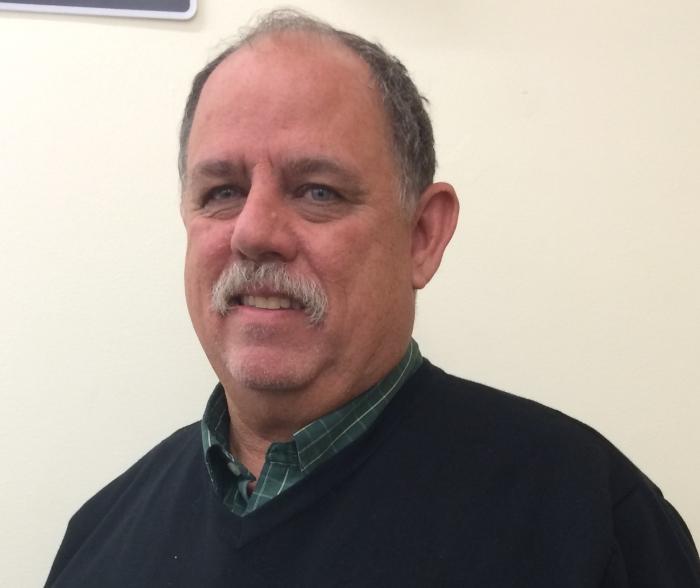
This movement begins at the primary and secondary education levels to ensure students are well prepared academically and have the support programs they need to be successful in college and their careers.
The Every Student Succeeds Act, for example, stipulates higher academic standards geared toward continuing success in college, and “advances equity for … disadvantaged students.” Though the law is specifically aimed at K-12 education standards, it is part of a larger framework that consists of initiatives such as My Brother’s Keeper and Race to the Top.
This combination of standards and programs is intended to foster a “coherent cradle-to-college-and-career strategy” and addresses specific problems faced by minority and disadvantaged students.
By utilizing a ranking system that addresses how universities serve their students, SMI hopes to increase educational opportunity, decrease the income gap and contribute to a system of sustainable economic growth.
At Chico State, the Chico Student Success Center addresses these needs by reaching out to students while they are still in high school and supporting them while they are at Chico State.
The center’s strategy is to build partnerships and real relationships, honest relationships with the students, with their families, high schools and counselors, McMahon said.
CSSC has established 50 partnerships with high schools across California that serve low-income students. These partnerships exist so high school students can explore Chico State and have support from teachers and CSSC staff during the admission process. Most students start in their high school’s Advancement Via Individual Determination program and CSSC works closely with AVID advisers to get to know the students better.
“We handwrite postcards to every single student who applies,” McMahon said. “It’s important to start that sense of belonging.”
When students decide to enroll at Chico State, CSSC offers a wide range of services to help them understand financial aid, course selection, housing and budgeting. CSSC also invites students to join REACH, a peer and faculty mentoring program where students participate in study jams and social events to help them transition into life as a college student. These programs have proven to be effective in raising retention rates among first-generation college students.
“We have students coming in all the time who are confused and have questions,” McMahon said. “They need an advocate so we’ll be an advocate for them.”
CSSC has 1,229 students enrolled through their center this semester. In 1997, when CSSC was founded, there were 12.
Jessie Ramirez, senior psychology major, is a first-generation college student who came to Chico State from a partnership high school and now works at CSSC.
“CSSC has been really helpful through my whole time here,” Ramirez said. “They were a really great support.”
CSSC provided an environment for Ramirez to meet other students and build relationships. Ramirez now travels back to her high school periodically to share her experience with students and show them they can achieve their goals for higher education.
After graduation, Ramirez plans to pursue her master’s degree and a career as a family therapist.
“There’s all this help out there for you and you just have to go out and ask for it,” Ramirez said. “They will open doors for you.”
Molly Sullivan can be reached at [email protected] or @SullivanMollyM on Twitter.
